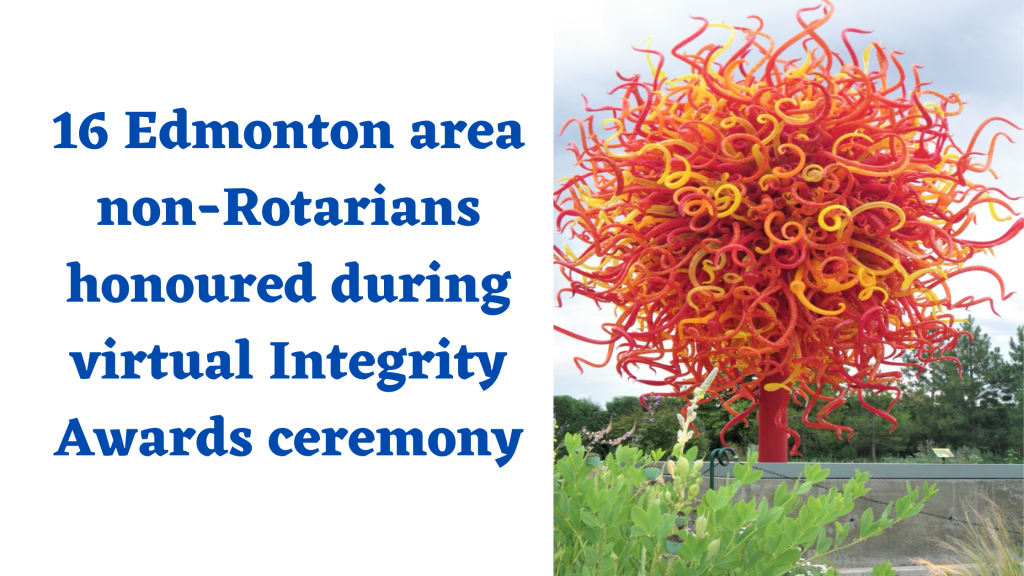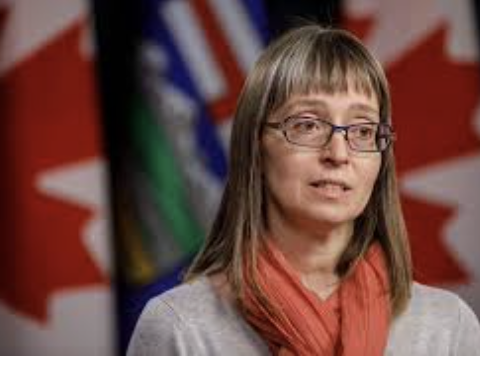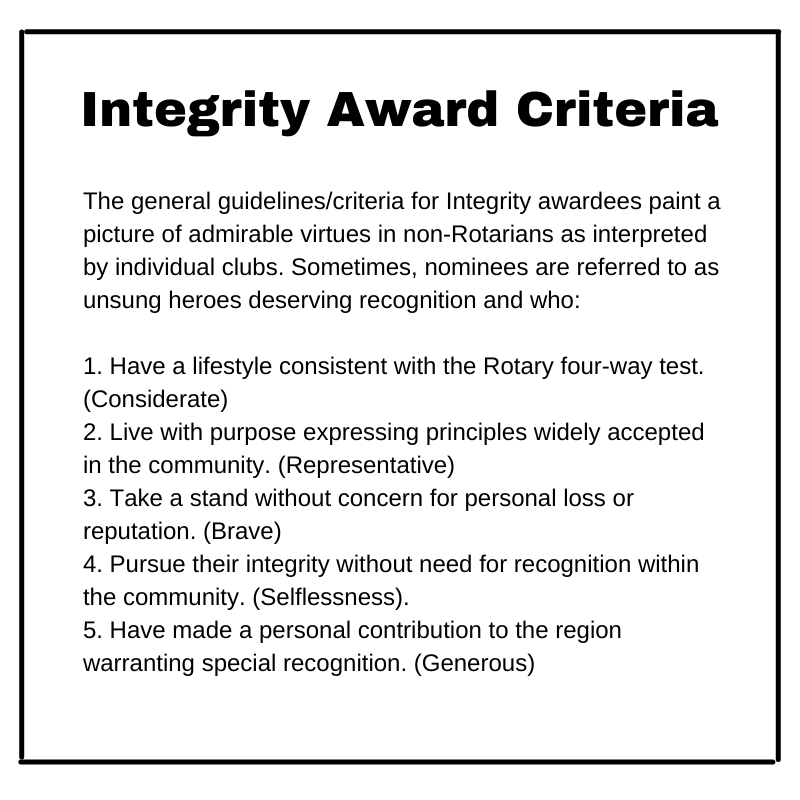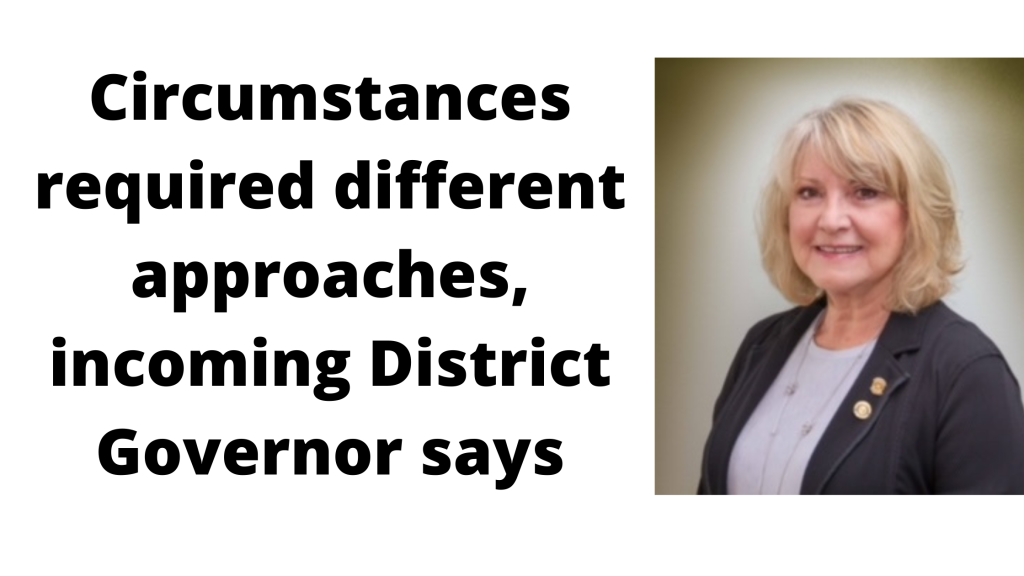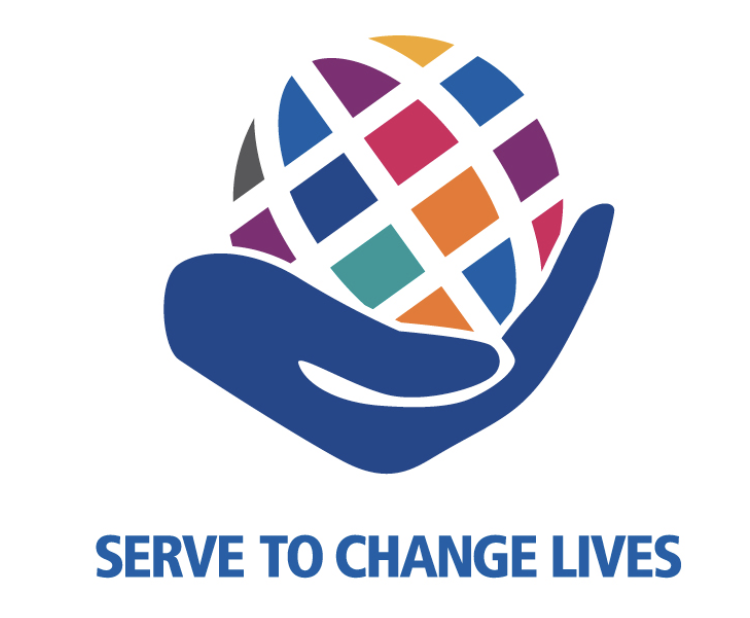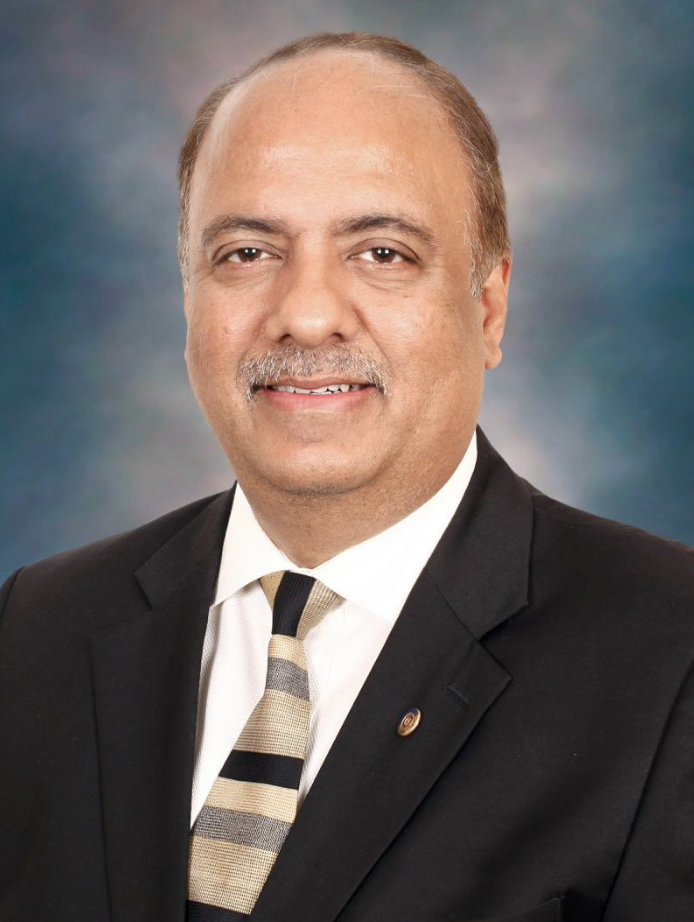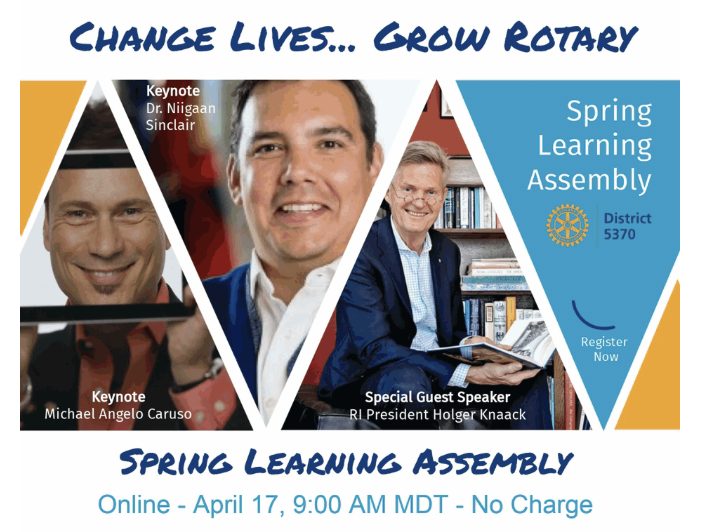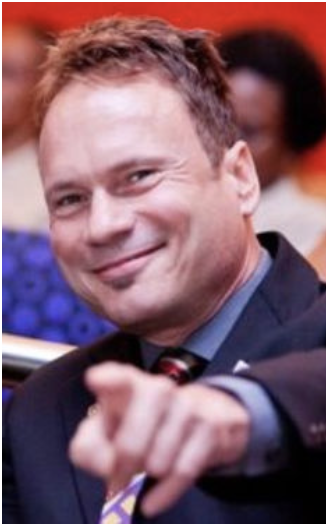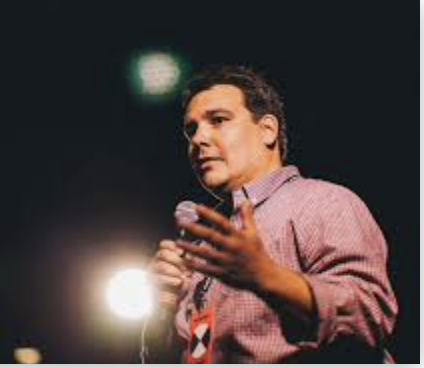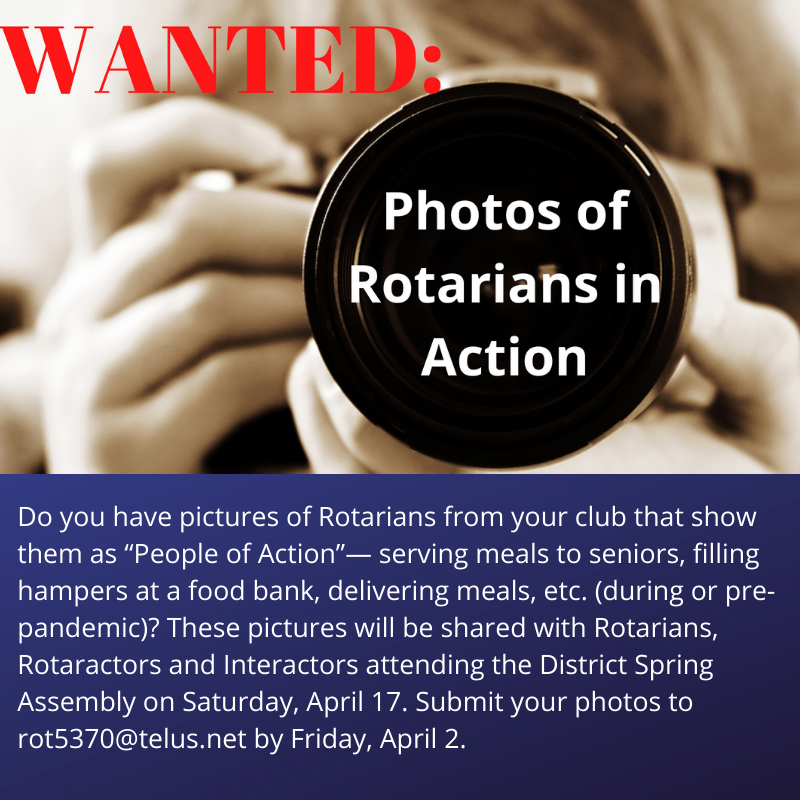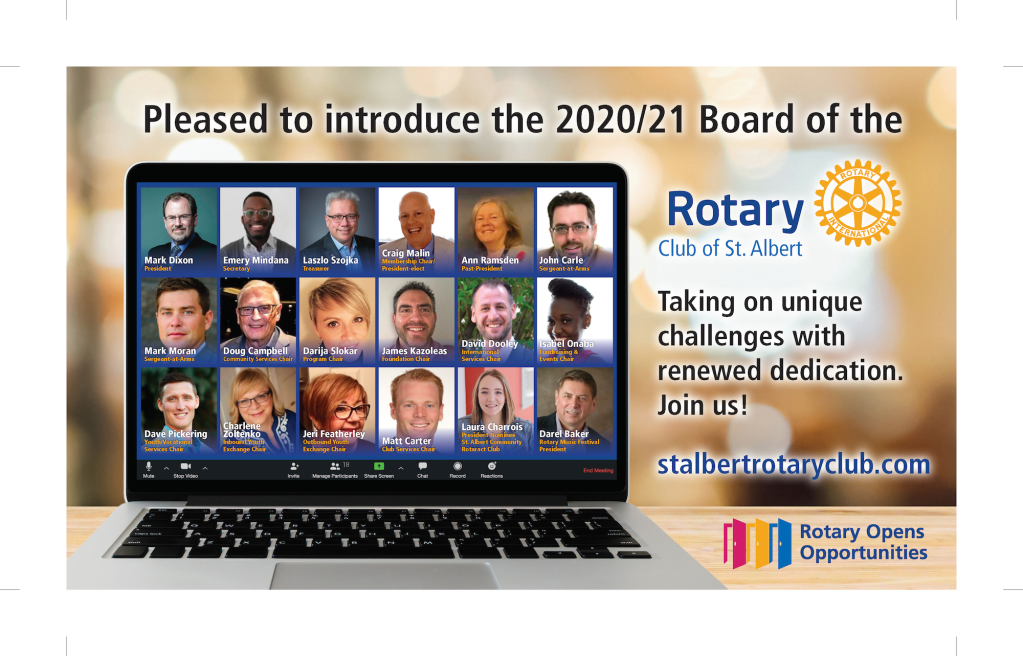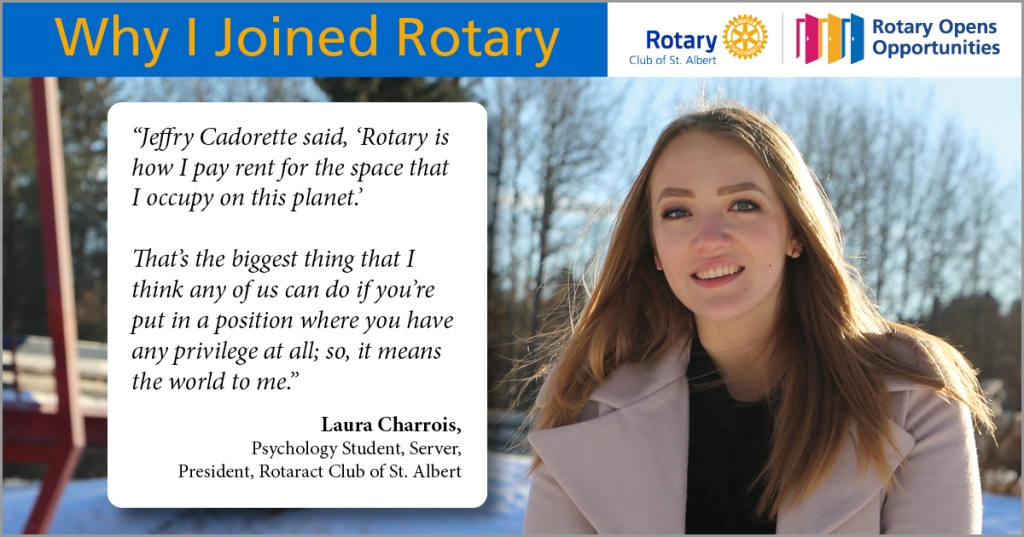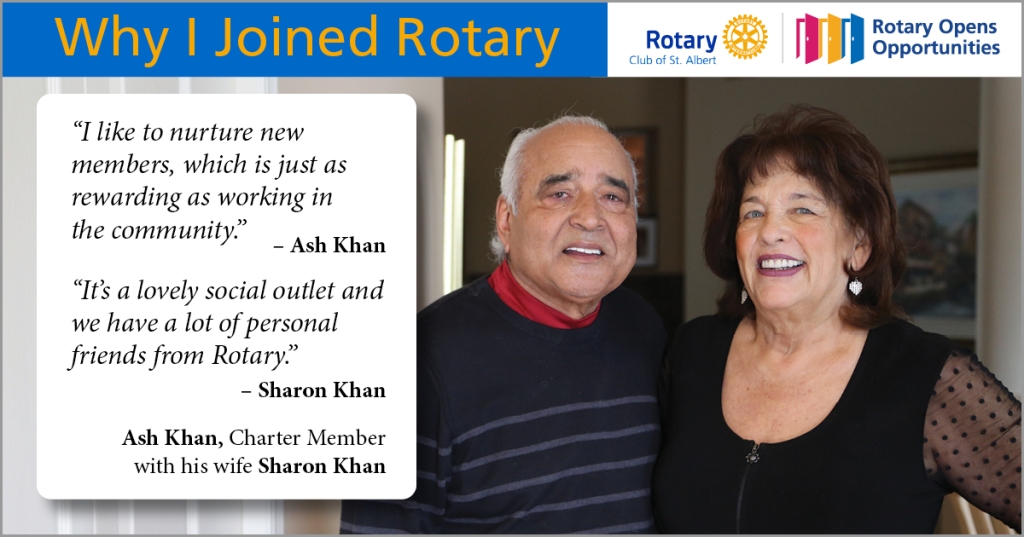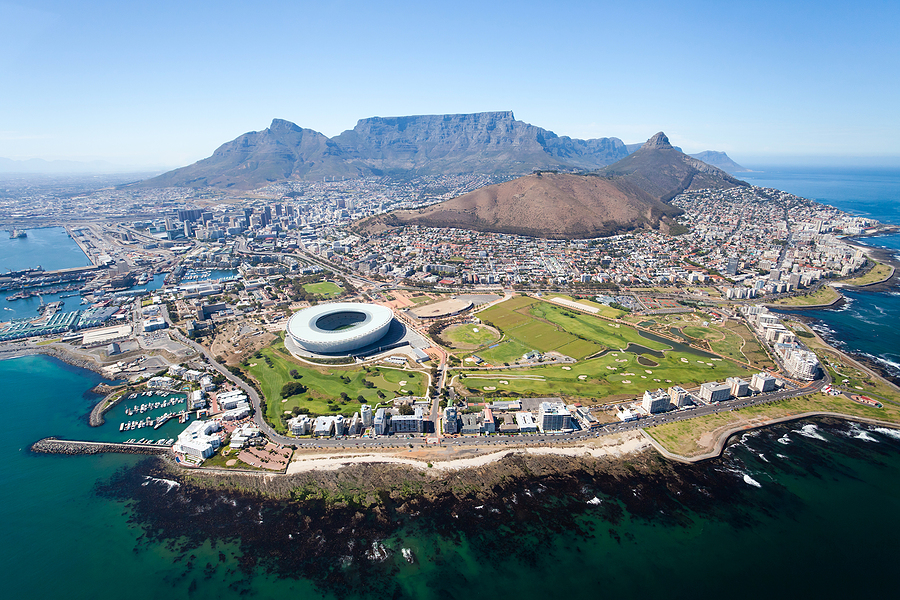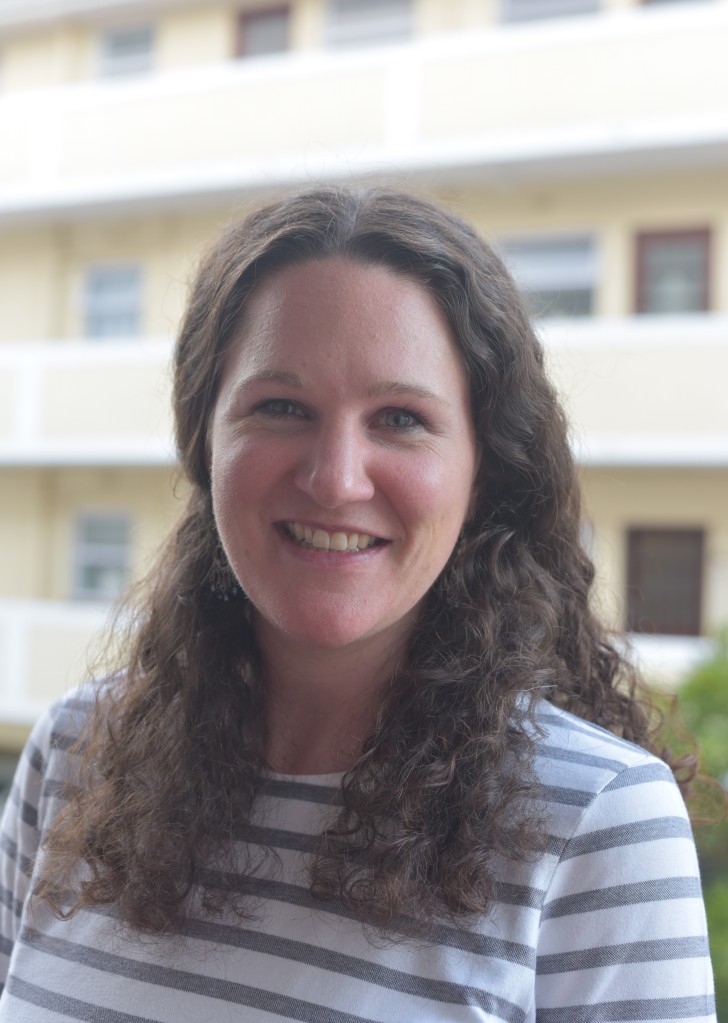The day a then-nine-year-old Anna-Marie Robertson tagged along to a lecture by a University of Alberta political science professor she started a journey that has now led her to Georgetown University as a Rotary Global Grant scholar
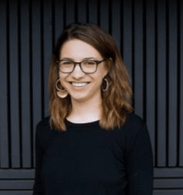
Along the way, Anna-Marie spent a year as a Rotary Youth Exchange (RYE) student, served as president of an Interact club, earned degrees from universities in Canada and the United Kingdom, and worked for the Canadian Red Cross.
“My mom was taking courses at the U of A and took me with her to an international relations lecture by Dr. Andy Knight. He spoke about peace-building and post-conflict issues and reconciliation,” she says. “I sat in the corner of the lecture theatre with my pen and little pad of paper and was captivated by the work and the ideas that were being discussed. [What] Dr. Knight shared with me really inspired me to be an active global citizen and I vowed that I would make the world a better, more peaceful place.”
Her year as a RYE student in 2012-2013 was sponsored by the Rotary Club of Edmonton—the same club that is the sponsoring club for her Rotary Global Grant scholarship. She was hosted by the Rotary Club of Enkhuizen in the Netherlands.
“My youth exchange really did set me up for my success. It was life-changing for countless reasons and I really truly believe that I would not have been able to achieve what I have without that experience from Rotary,” she says.
“My exchange solidified core values that continue to shape how I engage in the world today, including what’s articulated in the six Bes—to be first, to be curious, to be on purpose, to be grateful, to be of service and to be here now.”
Living in Europe provided Anna-Marie with opportunities to visit the International Court of Justice in the Hague, which required a three-hour train journey from northern Netherlands to the south.
“I spent many, many hours in the Peace Palace Library, which stands next to the International Court of Justice,” she says. “I read about international law and specifically about international humanitarian law or the rules of war and thought about how I might be able to contribute to the field in the future.”
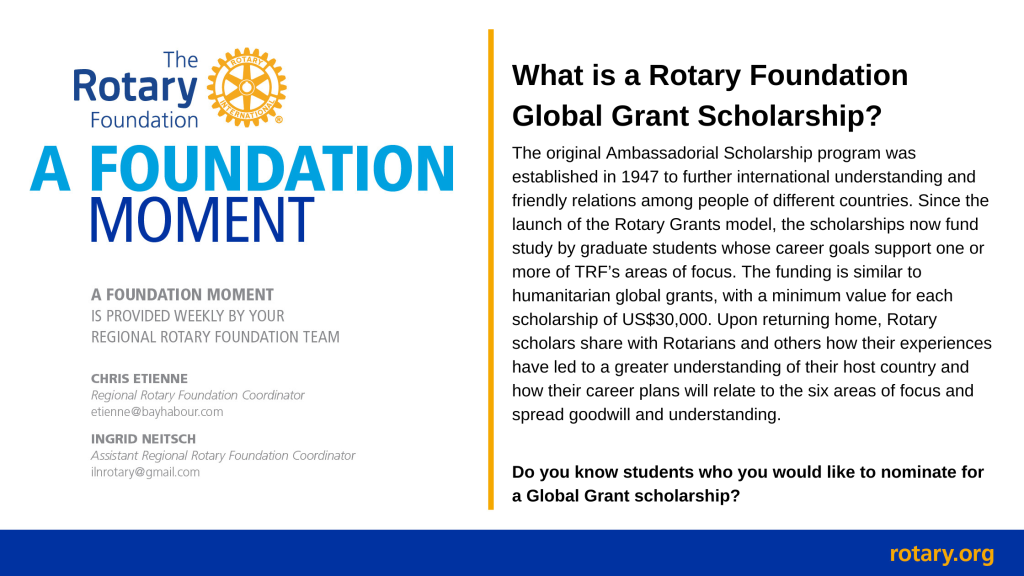
Following her year in Europe, Anna-Marie returned to establish an Interact club at her Edmonton high school. She also became involved in Rotex— a society of past Rotary Youth Exchange alumni that engages with current Inbounds and Outbounds to better their exchange experience overall—and attended the High School Model United Nations, a program sponsored at the University of Alberta by the Rotary Club of Edmonton Riverview.
In recognition of her commitment to service, Anna-Marie received a Rotex scholarship from District 5370 and a Paul Harris Fellowship from the Edmonton Rotary club.
After high school, Anna-Marie earned a bachelor of arts degree with honours from Carleton University in Ottawa, in Transnational Law and Human Rights. She also earned a Certificate in International Affairs and Strategy from Sciences Po (France) where she lived and studies on university exchange.
After graduating, Anna-Maria worked for the Canadian Red Cross, where she held various positions.
“During my time, I was deployed to the wildfire response in Fort McMurray in 2016 and then subsequently to B.C. in 2017. But mostly, this time really reaffirmed my passion for international law. Part of that included an opportunity where I was selected to represent the Red Cross Red Crescent Movement during initial discussions on lethal autonomous weapon systems—in a flashier sense, killer robots—with the government of Canada,” she says.
“It’s here that I began to think about the legal implications of new technology and armed conflict,” she says. “As I sat in those discussions with leaders on robotics, international lawyers, advocates, and representatives from the judge advocate general, I realized that I lacked the credential legitimacy to provide critique to the applicable law. So this has catapulted me into – to pursue a qualifying law degree.”
That took her to St. Edmund’s College at Cambridge University.
“It was one of the most challenging and rewarding periods of my life. I was humbled, torn down and built back up again to be a more deliberate, critical and empathetic thinker,” she says. “My education here was so rich and rewarding and challenging and I hope it will make me an excellent lawyer.
“I was taught by world-renowned legal thinkers. Not surprisingly, Cambridge attracted some of the brightest legal minds to participate in speaking engagements, networking events or workshops.”
Anna-Marie receive her law degree in July 2020 with the highest marks in law at St. Edmund’s College for that year. Her plans to immediately pursue a master of laws in National Security Law at Georgetown University were disrupted by COVID-19.
As a result, she spent the past year working for the Canadian Red Cross as a senior advisor for government relations.
“I support on policy, proposal development, lobbying obligations and a host of other interesting things. This role has been tremendously humbling and I’m so grateful to work with colleagues who are responding to COVID-19 in Canada and around the world.”
Now that the pandemic restrictions are being relaxed, Anna-Marie will move to Washington, D.C., to begin her studies as the latest Global Grant scholar from our District as part of Georgetown National Security Law Fellowship program.
Read about previous District 5370 Global Grant scholars:
Kassia Fardoe: from RYLE to the London School of Economics
From Whitehorse to Cape Town as a Rotary Global Grant scholar
“Global grant scholarships are a fabulous way for Rotarians to really touch the future,” says Past District Governor Ingrid Neitsch, who worked with the Rotary Club of Edmonton to facilitate Anna-Marie’s scholarship. It involved reaching out to other clubs to secure donations to support the scholarship, which is also funded by District Designated Funds and The Rotary Foundation.

“A Global Grant scholarship has to be based on one of the areas of focus and Anna-Marie’s area is peace and conflict resolution,” Ingrid says. “The candidates need to have and demonstrate excellent leadership skills. They need to show commitment to community service. They need to have a record of academic success. They need to have well-defined and realistic goals for their future, ideas about how to advance in their field and also a commitment to include some commitment to Rotary’s way of living and values.”
In addition to the Rotary scholarship, Anna-Marie has also received a Viscount Bennett Scholarship from the Law Society of Alberta and will attend Georgetown as a national security law scholar.
Anna-Marie has already been able to attend a virtual meeting of the Rotary Club of Capitol Hill, which will be her host club during her studies.
“The club is so welcoming and absolutely filled with international lawyers. I’m really excited to start to join their meetings because they really reflect the diversity and expertise of the D.C. community,” she says.
“They’ve paired me up with a mentor [who is] the legislative assistant to the chief of the army. I spoke with her in March and we had discussions about national security, life in D.C., the attacks in the Capitol and all of her work, and in particular of course, what’s intersecting with national security law.”
This club will also host another Global Grant scholar from France who is the same program at Georgetown.
“I’m so glad to be connected and to be going somewhere which is really at the centre of national security work in the world,” Anna-Marie says. “The U.S. and Georgetown University offer unique expertise. They offer a focus on cutting-edge issues, which will give me the opportunity to develop a stronger background and best prepare me to contribute to this field in Canada.”
All students in her classes will be required to be fully vaccinated and will be attending classes in person.
“After all of these lockdowns, I’m really just excited to get into that library and study with other people” she says.
“The course offering is extensive,” she says. “I’m particularly excited to pursue cyber and national security, national security law through an immigration framework, a space law seminar—how could you not—and war crimes and prosecutions.
“The aim of my research is to undertake a legal analysis of cyber operations, looking at them as a means and method of warfare to consider different operations that may reflect legality or alternatively disproportionate or unnecessary military action,” she says. “My goal is to understand whether there’s a potential benefit to this technology in conflict, whether it can indeed be more humane without sacrificing principles of humanity or fundamental protections afforded by international humanitarian law.”
And what does the future hold for Anna-Marie?
“Ultimately, my intention is to give back meaningfully to my community and to contribute thoughtful arguments and policies for national security issues in Canada and globally, and to contribute to peace-building and to represent the legal profession with the highest level of professionalism, diligence and advocacy,” she says.
“In the short term, I’m focused on deepening my critical legal knowledge and qualifying as a lawyer in Canada. I’m currently studying for the qualification exams to transfer my U.K. law degree as well as working towards the New York bar, which is particularly useful for practice in public international law.”

